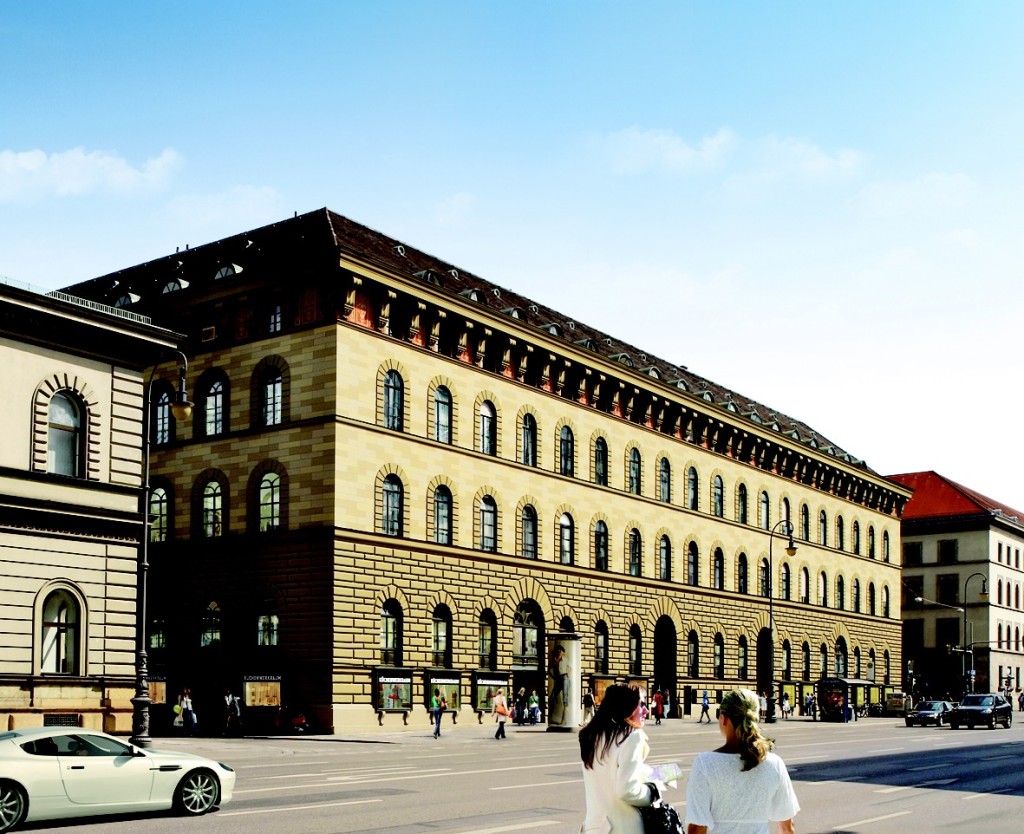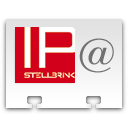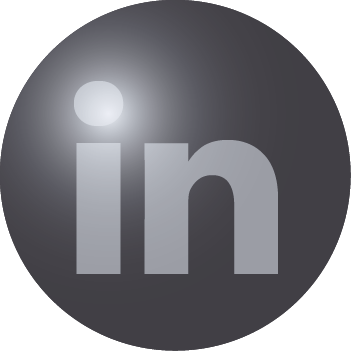U.S. LAW CASE ON THE WAY TO COST ADOPTION BY THE UNSUCCESSFUL PARTY (“FEE SHIFTING”)
In German litigation cases it is common, for the unsuccessful party to bear the costs of the procedure as well of the prevailing party (known in English “fee shifting”), which has so far only been done in extremely rare cases in the United States. As a matter of fact, even the presumably prevailing party, for economic reasons, usually compares themselves to the expected unsuccessful party. Since legal procedure costs are much higher in America than in Germany, which bothers most companies, has this so far led to billion-dollar costs and has mainly been exploited by so-called “trolls”. Read the Rest





